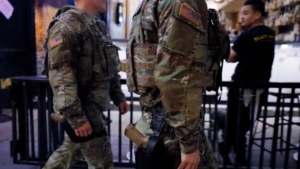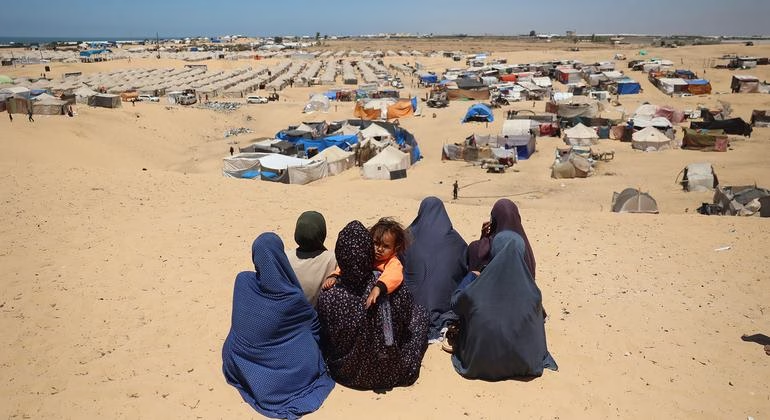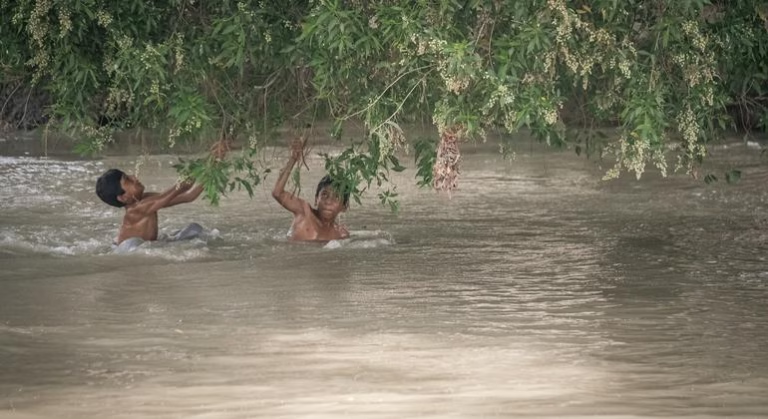
“Hospitals are rationing. Ambulances are stopping. Water systems are on the edge, and the impending number of deaths could significantly increase unless the Israeli authorities permit the entry of new fuel,” stated Mr. Dujarric.
“We urgently need fuel, and we need it in large amounts to power the most critical sectors, namely water desalination, health services, and communications,” he further noted, emphasizing that no fuel has entered the enclave in recent months.
New displacement orders in Khan Younis
In other developments, Israeli forces continue to target civilian infrastructure in Gaza and issue new orders for displacement.
On Tuesday, such orders were issued for parts of Khan Younis, specifically targeting those residing in tents, as reported by Mr. Dujarric.
The map released with the order indicates some areas had not been subject to displacement orders since before the ceasefire in March.
“Issuing a displacement order does not absolve any party from the obligation to protect civilians, including those who are either unable or unwilling to leave,” he stated.
Call to protect the Nasser Medical Complex
Mr. Dujarric also reiterated the call from the UN World Health Organization (WHO) to safeguard the Nasser Medical Complex in Khan Younis, highlighting that the hospital is overwhelmed with trauma injuries, operating beyond its capacity.
In a video message from the hospital on Monday, Rik Peeperkorn, WHO’s representative in the Occupied Palestinian Territory, reported that the facility is critically short on trauma supplies, essential drugs, equipment, and fuel, and that the staff are exhausted.
Humanitarian operations inside Gaza
Additionally, OCHA reported that humanitarian movements within Gaza are severely restricted: only four out of 12 attempts on Monday to coordinate movements with the Israeli security forces were fully facilitated, with only one successfully delivering supplies.
Four more attempts were rejected by the Israeli authorities, halting efforts to evacuate patients, retrieve disabled trucks, or clear debris.
Although the remaining four initially received approval, obstacles on the ground ultimately prevented the execution of these missions.
Source: https://news.un.org/feed/view/en/story/2025/07/1165347








